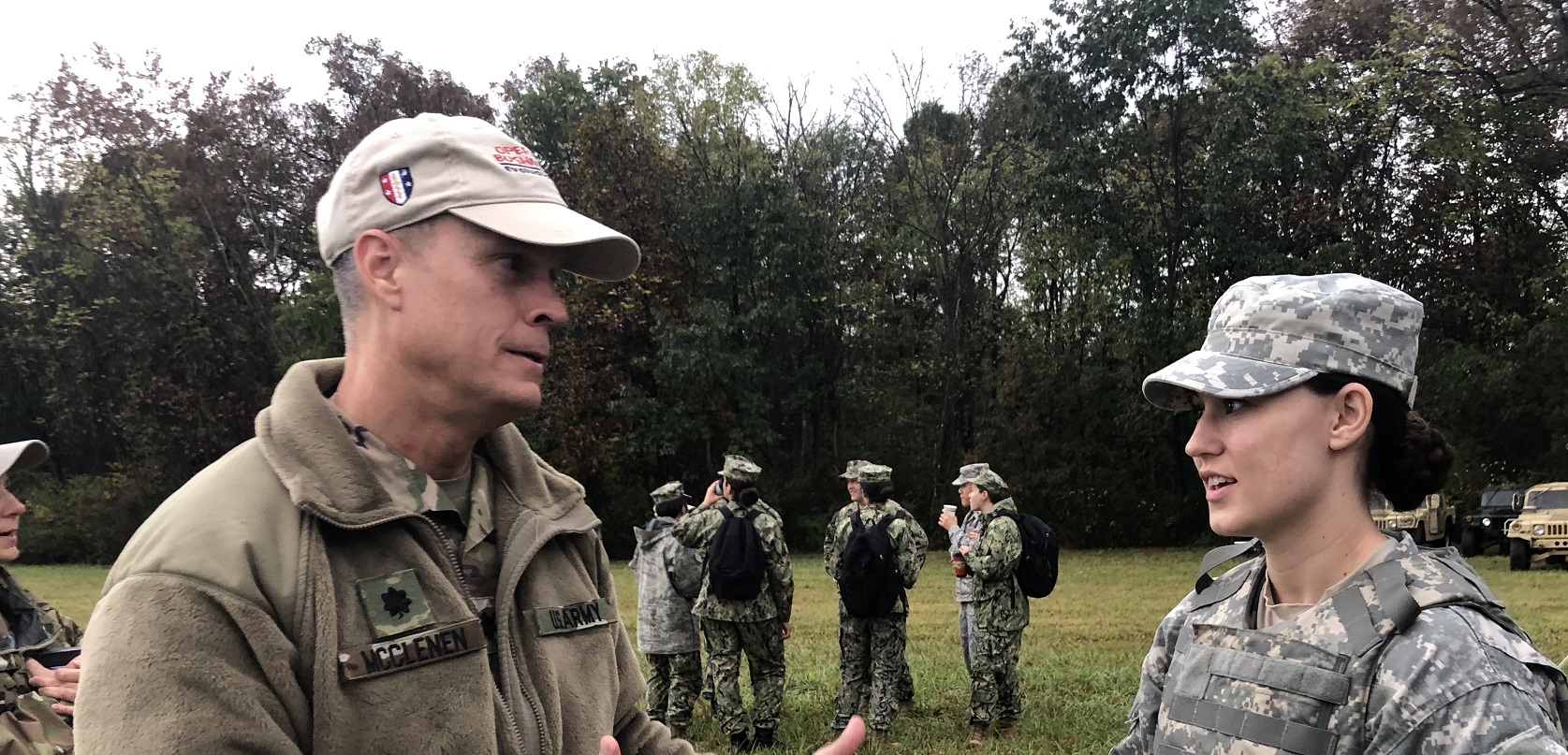Areas of Focus
Active projects in the pSyTORM Lab:
- Military Active-duty Reproductive + Sexual Health (MARSH) Research Program. The MARSH Research Program, founded in 2017, is co-led by Dr. Ryan Landoll at USU, Dr. Sara Vargas at The Miriam Hospital/Brown University, and Dr. Candy Wilson at Florida Atlantic University in collaboration with over 12 military treatment facilities and the Defense Centers for Public Health - Portsmouth (DCPH-P). MARSH focuses on improving service member readiness and wellness through the development of a smartphone-based psychoeducational sexual and reproductive health intervention, Mission Wellness. This ongoing research has been continuously funded by the USU Military Women’s Health Research Award, TriService Nursing Research Program, and DCPH-P with current agreements through 2028 and projected future funding.
- Disaster Mental Health. This area of research, led by Dr. Ryan Landoll, is focused on evaluating military disaster mental health training programs for behavioral health trainees and professionals and leveraging simulation education for behavioral health, including and derived from USU's Behavioral Health at Operation Bushmaster. This ongoing research has been funded since 2022 by the American Psychological Association’s (APA) Division 19 (D19) for military psychology and the Council of University Directors of Clinical Psychology (CUDCP).
- Academic Success Program Evaluation. In collaboration with the Office for Student Affairs (OSA) and the Long-Term Career Outcomes Study (LTCOS), under the supervision of Dr. Ryan Landoll and in collaboration with Dr. Rebekah Cole, the Academic Success Program Evaluation explores various aspects of military health professions education. This research is partially funded by the Northeastern Group on Educational Affairs (NEGEA) within the American Association of Medical Colleges (AAMC). The focus is on application to the warfighter and other healthcare education platforms. Other projects that fall under evaluation of OSA’s focus on academic advising, career advising, and well-being support for military medical students allow for the application to other specialized and high-performing military operational units.
Past Projects for Continued Opportunities:
- Grit & Growth: Resiliency Curriculum Program Evaluation. Resiliency Curriculum Program Evaluation. Grit & Growth was a four-module resiliency building program for Army medical students administered during the first summer of medical school adapted from the Comprehensive Soldier Fitness Model. In collaboration with OSA, this evaluation examined the impact of the Grit & Growth program on medical students. The 4-level Kirkpatrick model of training evaluation was the framework upon which the evaluation was based.
- Improving Family Readiness (iFAR) through School-Based Behavioral Health. iFAR was funded by the Military Operational Medical Research Program (MOMRP) to adapt the Unified Protocol in a primary school-based in a school-based setting. iFAR was led by Dr. Ryan Landoll in collaboration with Dr. Jill Ehrenreich-May at the University of Miami, author of the Unified Protocol for the Treatment of Emotional Disorders in Children and Adolescents.
- Forensics: Competency to Stand Trial (CST) & Criminal Responsibility (CR) in the Military. This project was a student-driven collaboration with the Center for Forensic Behavioral Sciences (CFBS) and evaluated the personality profile (as rendered by the MMPI-2-RF) differences between those recommended for CST & CR in the military justice system and compared it to civilian controls.
Other projects based on the research interests of both students and faculty advisors may also be possible.
Contact Information
pSyTORM@usuhs.edu
301-295-5303
